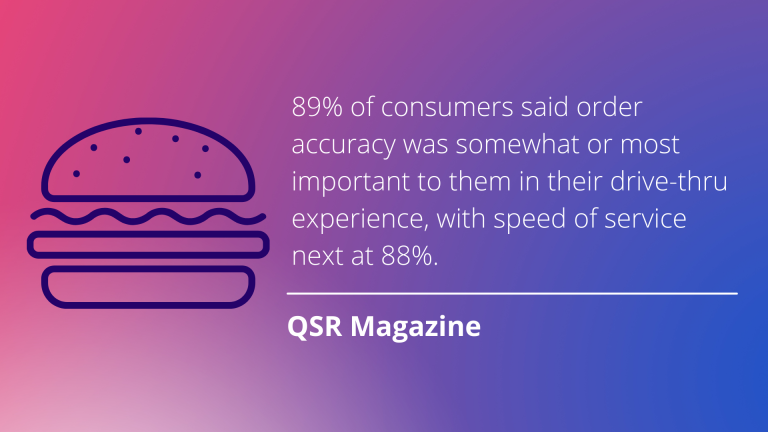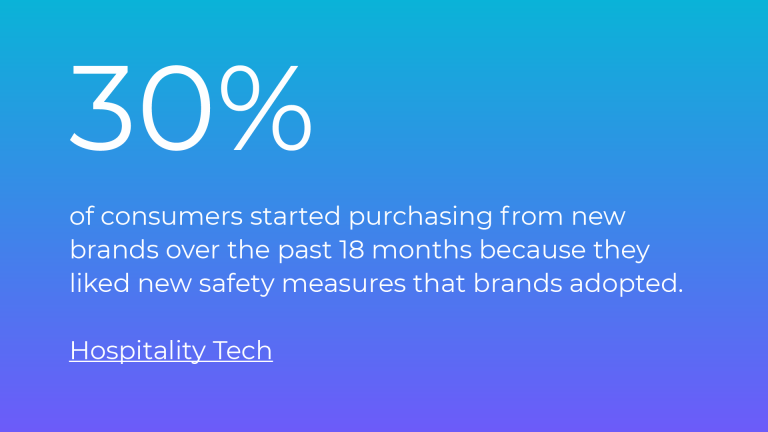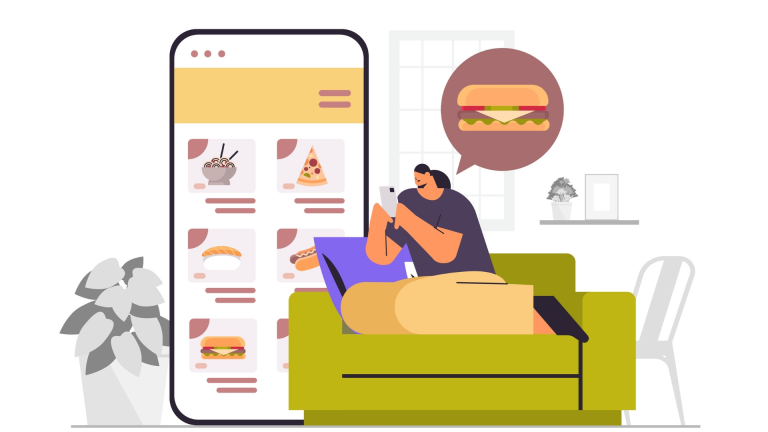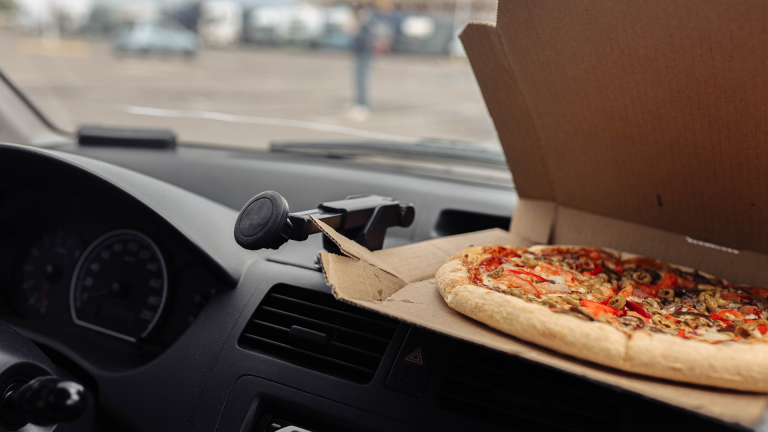Voice assistants in QSRs, fast-casual restaurants, and hospitality help overcome challenges with staffing and employee satisfaction. Voice-enabled kiosks and telephone ordering and reservation systems free staff from routine tasks, so they have more time to focus on food preparation and matters that require face-to-face interactions with customers. Other voice assistant use cases, such as ordering room service, requesting more pillows, can allow employees to focus on delivering faster, personalized service to guests and customers without the need to answer phones and record requests.
Poor customer service is a reason to abandon a brand
Exceptional customer experiences are the foundation of brand loyalty and return customers. However, it’s not always easy. Customers at QSRs require fast, efficient, and accurate service, while guests at hotels and cruise ships expect knowledgeable, convenient, and quick assistance.
The quality of customer service can make or break a customer or guest’s decision to return or recommend the brand to others. In the research by Hospitality Tech, 65% of consumers reported having switched brands because their expectations did not live up to an advertised promise, and 69% said that poor customer service would cause them to stop purchasing from a brand.
69% said poor customer service would cause them to stop purchasing from a brand.
Hospitality Tech
Voice assistants can deliver on the promise of exceptional customer service by providing consistently fast, accurate, knowledgeable, and convenient assistance. At QSRs, they can remove the possibility of human error and ensure each order is recorded accurately and quickly. They can also offer a variety of nutritional and allergy information that the average employee might not know or would need to look up. For returning customers with a voice profile, voice assistants can even save favorite menu items or allergy information for future orders.
At hotels and on cruise ships, voice assistants can provide a variety of information on amenities and dining options while supplying the convenience and efficiency of ordering room service, making reservations, and ordering extra towels or bedding without having to call down to the front desk. With personalization, and guest permission, voice assistants can also store information about preferred room temperature, the number of blankets, or favorite reservations for future visits.
Word of mouth, from reviews to recommendations, is essential for QSRs, fast-casual restaurants, and hotels to attract new customers and retain current ones. Hospitality Tech’s research revealed that 78% of consumers look at customer reviews before buying from a new brand, and 66% said they were at least somewhat likely to purchase from a new brand if recommended by a friend, family member, or colleague.









